All reports
Report

UCS Vanguard
The UCS Vanguard, updated from the original 2007 design, details vehicle technology features that can save consumers money while reducing global warming emissions.
Report
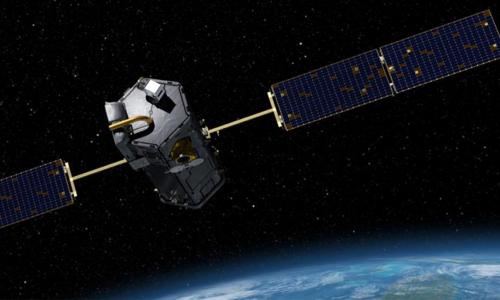
An Analysis of North Korea’s Unha-2 Launch Vehicle
North Korea has announced that it will attempt to launch a satellite into orbit in early April 2009 using its Unha-2 launcher. Few details are known about the launch vehicle since it has not been successfully flight tested.
Report
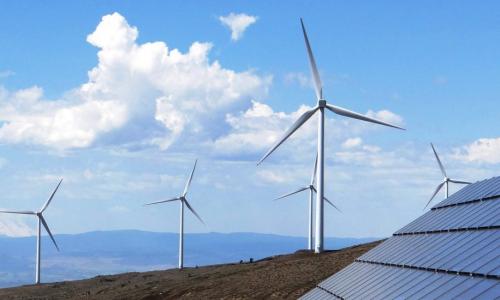
Global Warming Compliance Offsets and Air Quality in California
California’s Global Warming Solutions Act (AB 32) requires California to cut its global warming pollution to 1990 levels by 2020.
Report
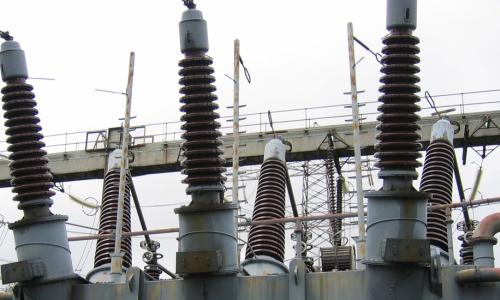
Strong Federal Transmission Policy
UCS fact sheet detailing the need for strong federal transmission policy to support the development of renewable energy and to help curb carbon emissions.
Report
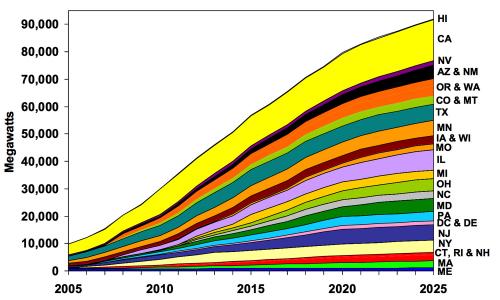
Renewable Electricity Standards at Work in the States
All about RES policies at the state and federal levels.
Report
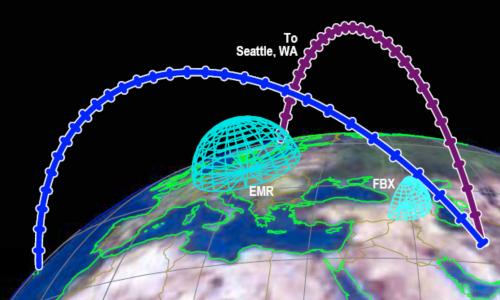
The Proposed European Missile Defense System
Union of Concerned Scientists (UCS) analysis of the European missile defense system proposed by the Bush administration.
Report

Nuclear Loan Guarantees
Congress should be cautious about committing taxpayer dollars to promote plants that both industry and Wall Street consider too risky to finance on their own.
Report
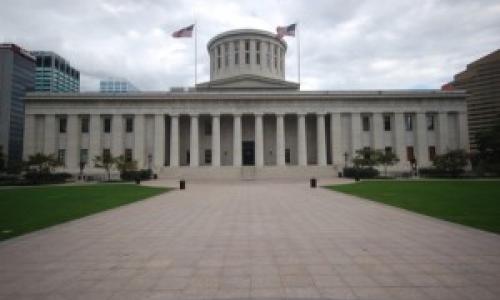
Renewable Electricity Standards
In order to ensure healthy air and a stable climate for our children and grandchildren, we must make responsible decisions about our energy sources.
Report

Community Supported Agriculture for Meat and Eggs
Community Supported Agriculture Meat (CSAs) or buying clubs— offer consumers one more way of providing their families with fresh, local foods produced in a sustainable manner.
Report
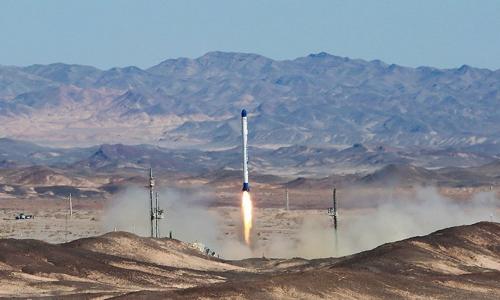
Model of a 2-Stage Safir Launch Vehicle
On February 3, 2009, Iran placed a small satellite in orbit for the first time. Analysts have questioned what technical characteristics the Safir 2 launch vehicle would require in order to place a 27-kg satellite in orbit.
Report
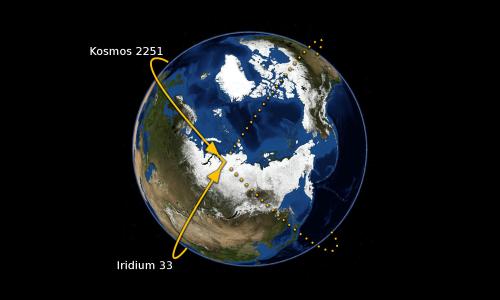
Colliding Satellites
Information on the Feb. 10th collision between a Russian and an American satellite.
Report

Climate 2030 Blueprint Policies
A National Blueprint for a Clean Energy Economy outlines a comprehensive set of smart policies to jump-start the transition to a clean energy economy.